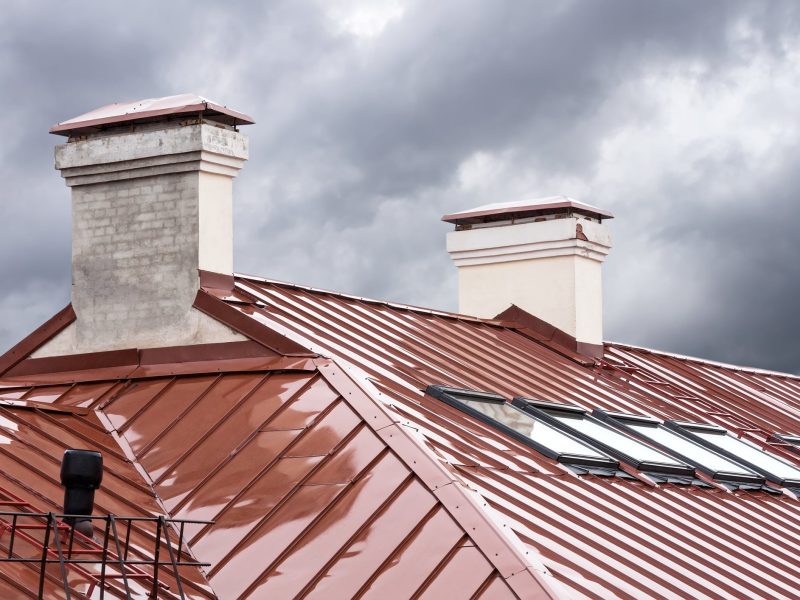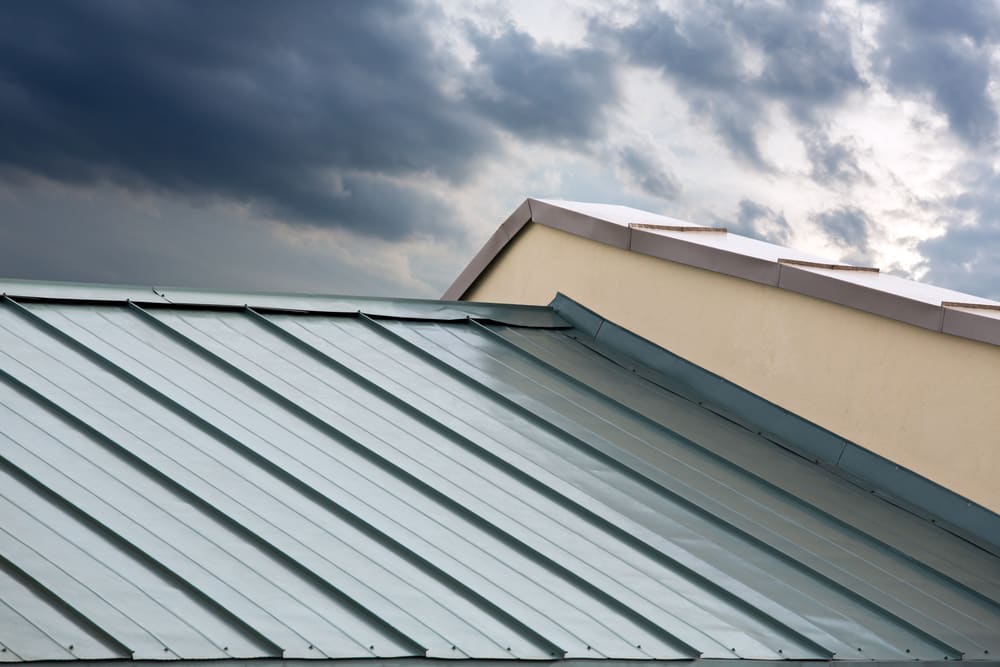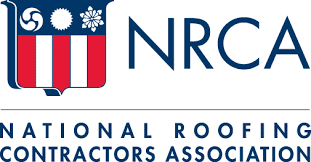If you are in the market for a new roof, you have many options available, and making the right choice may prove difficult. Metal roofs are a common choice for both residential and commercial buildings. They are an attractive option due to their longevity, energy efficiency, and longevity. Here is a list of the pros and cons of metal roofing. It is important for you to weigh the pros and cons carefully before making the choice:
Pros of residential metal roofing
Durability and longevity
A long lifespan is a primary reason why so many people choose a metal roof for their homes. According to one survey, 26 percent of homeowners cited longevity as their primary reason for investing in a metal roof. A metal roof can last two to three times longer compared to a traditional asphalt roof. While earlier metal roofs were known to corrode, especially in seaside locations, the modern metal roofs come with specialized coatings and finishes that withstand salt water spray very well. It can withstand all weather elements well. In fact, when installed properly, metal roofs are capable of withstanding strong winds of up to 140 miles per hour.
Metal Roofing is energy efficient
A metal roof has reflective properties. This means it can help you lower your energy bills throughout the year. It reflects solar light and doesn’t absorb it. During summer, it can help you reduce your energy bills by up to 25%. This can translate into significant money-saving in the long run. Moreover, it will help maintain your home at a comfortable temperature.
Fire resistance
Metal roof materials are non-combustible. Typically, they have a class A fire rating, which is the most fire-resistant rating. So, ambers and flying sparks cannot cause a fire. However, you need to understand that the actual level of fire resistance would also depend on the materials beneath the surface. If the metal roof is applied over wood shingles, it will have a low fire rating, most likely a class C rating.
Environment friendly
According to the Environmental Protection Agency, each year, almost 20 billion pounds of asphalt shingles make their way to U.S. landfills. Metal roofs are a more sustainable option due to several reasons. They are partially made of recycled materials and are completely recyclable themselves.
Lightweight
Depending on the type and thickness of the material being used, a metal roof normally weighs between 1-3 pounds per square foot. On the other hand, asphalt shingles can weigh anywhere between 2-3.5 pounds per square foot and wood shingles can weigh even higher. This means it requires fewer supporting structures. The roofing comes as multiple-shingle sections or large sheets, which makes it easier to install compared to other types of roofing.
Cons of residential metal roofing
Noise
You may find a metal roof noisier compared to a slate or tile roof when there is heavy rain or a hailstorm. However, it is not noisier than wood or asphalt shingles. It is possible to control the noise through the use of quality materials with barriers and insulation to reduce the drumming effect.
High initial cost
Compared to the popular asphalt shingle roofs, metal roofs are more expensive. So if expense is a factor, you need to consider the cost. However, it is important to note that the high initial cost is offset by its longevity and low maintenance.
The advantages of metal roofs far outweigh their disadvantages. If you too want a roof that is long-lasting, durable, stylish, offers a choice of colors and finishes, is energy efficient, and is environment friendly, metal roofing may be the right choice for you. Speak to our roofing experts now to know more.





